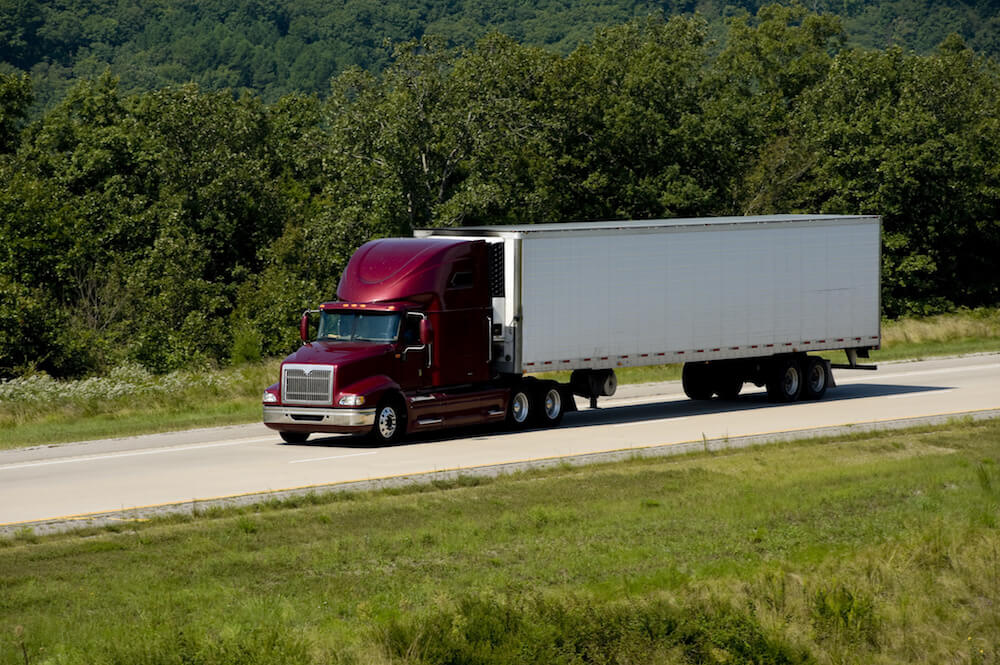When’s the worst time to find out that your company isn’t prepared for a major truck accident? Right after that accident, of course.
You may have to provide documents. You, managers, and the driver may be called to testify. Understanding what to expect and how to prepare will help protect the trucking company you’ve built.
If one of your drivers has been in an accident, take these 7 steps to protect your company from further damage.
How to protect your trucking business if one of your drivers is in an accident.
1. See to Immediate Needs
Right after an accident has occurred, take steps to make sure your driver is okay or getting proper medical treatment. It’s never a good idea to try to tough it out after an accident. Make sure cargo is secured to prevent further loss.
Each driver should have an accident kit in the glove box:
- Vehicle registration
- Identification cards
- First aid kit
- Basic tool kit
- Road flares
- Camera (to document damage if safe to do so)
- Flashlight
- Paper & pen (in case electronics are damaged)
If this is the driver’s first major accident, they may be shaken up. When they call you, make sure they remembered the kit and are using it unless they are seriously injured.
2. Don’t Admit Fault
Answer the questions of investigators. But don’t elaborate unnecessarily. And be careful about incriminating yourself, the driver or the company.
Avoid saying things like:
- If only we’d ____, this wouldn’t have happened.
- I’m so sorry.
- I told him he needs to pay more attention (get those wipers changed, come in for an inspection, etc.)
These and similar statements can be misconstrued as admitting fault.
3. Contact Your Insurance Company
Call your insurance company. If it’s after hours, call the national office. Don’t wait.
Your trucking insurance company may give you special instructions regarding how to handle the situation.
Then, they’ll work with you, guiding you through the next steps to reduce the financial impact of the wreck and protect your trucking company. This is where having an agent and insurance company you can depend on is so important.
4. Recognize the Potential for Lawsuits
Any accident could result in a lawsuit. No matter how seemingly minor, it’s important to prepare yourself for this possibility.
5. Inform the Third Party
Personally make a call to the third party whose cargo you were shipping. Make sure they’re aware of the situation.
Be prepared for the fact that they may be upset. Don’t feel that you have to answer questions that you don’t know the answer to yet.
6. Gather Records
The more organized your records are, the easier it will be to provide information to investigators.
You take many precautions to keep drivers and the public safe. Show this through these documents.
They include:
- Log books (if not already provided)
- Driver records
- Disciplinary history
- Any electronic monitoring
- Any training program documents
- Proof that you have implemented the training program
- Proof that you track the impact of your training program
Have these ready should they be requested by law enforcement or subpoena.
7. Review Your Insurance Coverage Limits
Was cargo damaged? Will it require a hazmat or other costly cleanup? Is your driver or the other driver in ICU? Will it cover significant repair or replacement if the truck annihilated? Do you have rental coverage so that you don’t have to cancel a route? What’s your deductible?
It’s never a good idea to wait until the accident happens to make sure you have enough large truck insurance to cover it. But if you’re faced with an accident now, it’s time to review these documents. Understand what you’ll need to come up with out of pocket to keep your trucks running.
Don’t get caught in a major accident without enough insurance. We shop for the best rate on the best insurance for your fleet. Get your quote today. Our agents can help you save money on truck insurance.



